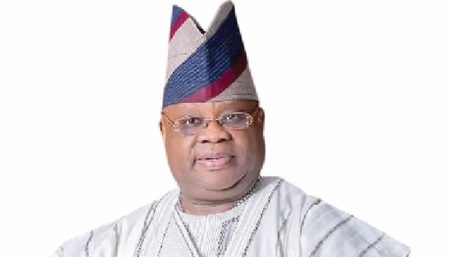In Delta State, the recent Supreme Court ruling mandating direct funding for Local Government Councils has found strong support among local officials, particularly from the Nigeria Union of Local Government Employees (NULGE). According to Ziko Okwudi, the president of NULGE in Delta State, there are currently no issues concerning the implementation of the Supreme Court’s directive. Okwudi highlighted that unlike other regions in Nigeria, which have experienced challenges related to Local Government allocations being manipulated, Delta State’s councils are prepared for the necessary changes. He affirmed that the local councils are proactive in ensuring they meet the requirements set forth by the ruling, thereby facilitating direct access to federal funds.
Governor Sheriff Oborevwori has shown firm backing for the Supreme Court’s decision empowering Local Governments. Okwudi shared that the governor has communicated directly with council chairpersons, urging them to act swiftly and align with the financial autonomy granted by the judiciary. The governor’s administration has been characterized by a cooperative relationship between the state government and local councils. This relationship is pivotal, especially in ensuring that salaries for essential personnel such as primary school teachers and local government workers are paid consistently, regardless of any fiscal challenges that the state may face.
Additionally, Okwudi mentioned that Governor Oborevwori has always prioritized the welfare of Local Government employees. At a recent meeting with the council chairpersons, the governor encouraged them to comply with the Supreme Court’s judgment within the three-month grace period, ensuring that all necessary banking arrangements are in place for the direct receipt of funds. This clarification reflects that the governor is not just passive in this transition; rather, he is actively motivating local councils to expedite their preparations for financial autonomy.
With the implementation of direct funding, there is an expectation that Local Government Councils will experience greater financial independence and relieve the state government to some degree. The governor’s commitment to implementing the ruling affirms that he is not resistant to change. Instead, he appreciates the benefits of financial autonomy for Local Government workers, indicating a transformative shift in the governance of local councils from a historical dependency on state allocations. The enhancement of financial autonomy is viewed as a significant improvement in ensuring timely salaries for local government employees.
Moreover, the NULGE president acknowledged that the state government has a history of supplementing local council funds whenever necessary. This solid track record has fostered a significant degree of trust between local councils and the state administration. As outlined by Okwudi, the state government’s willingness to augment funds in times of shortfalls has bolstered the relationship between the two layers of government, thereby creating an environment conducive to effective governance and service delivery at the local level.
In conclusion, as Delta State prepares for direct funding from federal allocations, the cooperative and supportive dynamic between Governor Oborevwori and the Local Government Councils positions the state favorably for this transition. By ensuring prompt compliance with the Supreme Court’s directive and emphasizing the importance of financial autonomy, both the state and local councils are set to navigate this new financial landscape successfully. Okwudi’s remarks underline a promising outlook for local governance in Delta State, illustrating the potential benefits of financial independence for the overall well-being of its local government employees and constituents.













